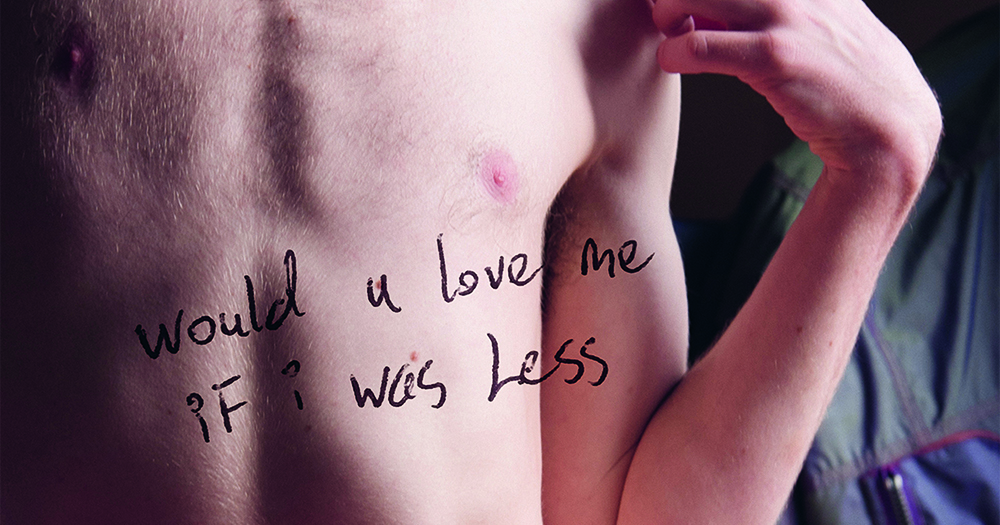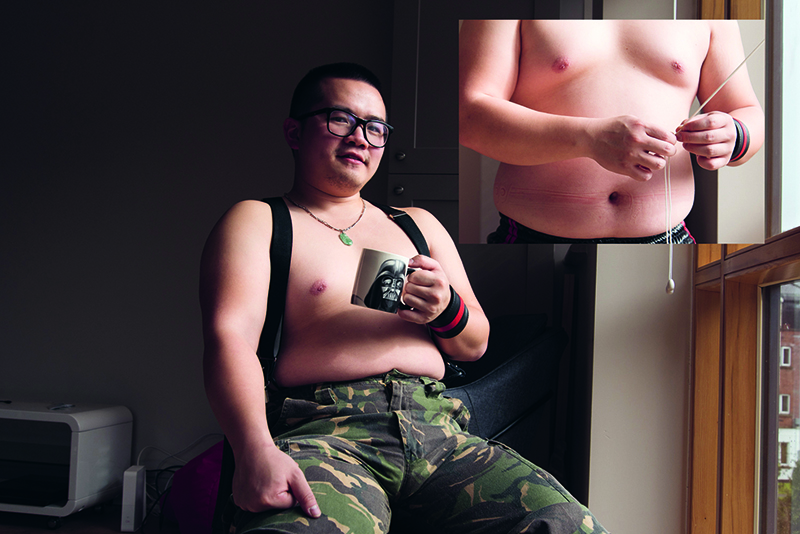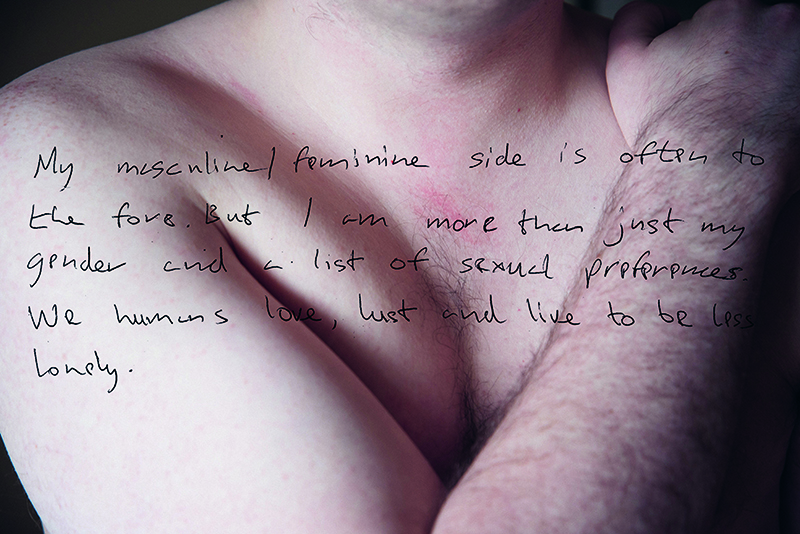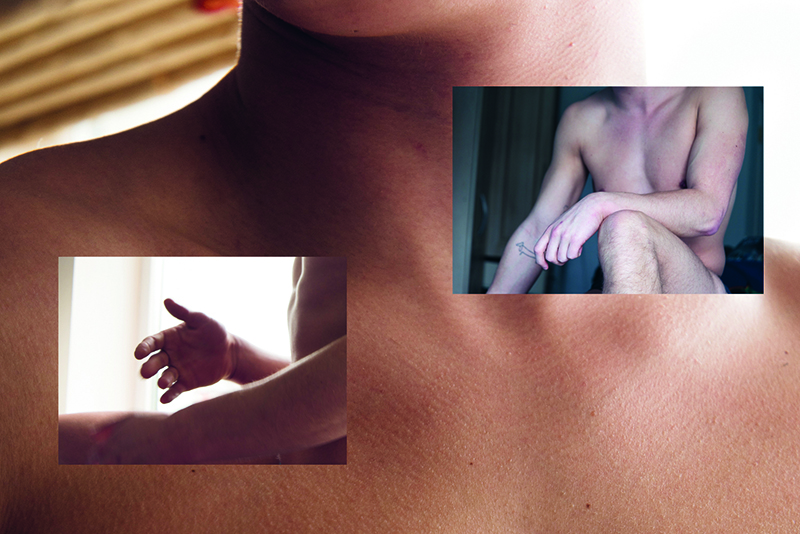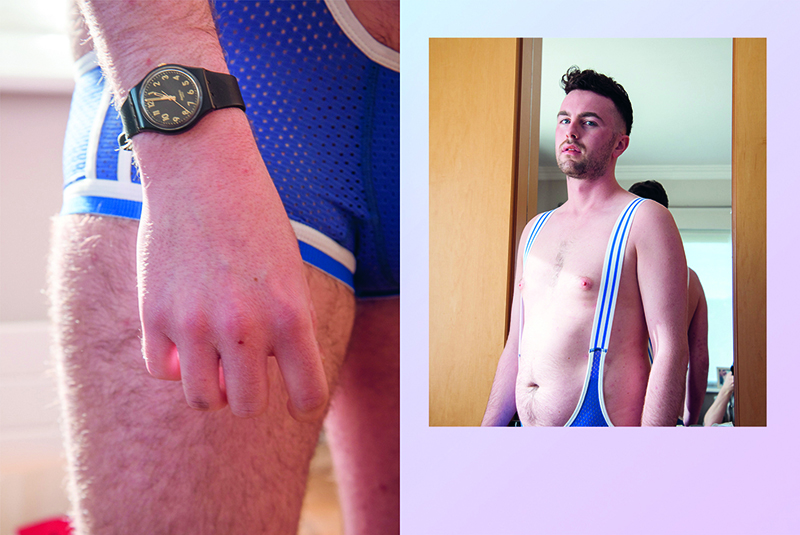I believed that men had a right to my body, I objectified myself willingly. At my most vulnerable, I was taught that I wasn’t good enough.
Grindr has piqued my curiosity since I found it, a mirage of community in rural Ireland at 16.
I remember my heart pounding as I got my first messages, desperate for some connection, for anything. I remember adopting the values I found; there was always something to be looked down on, someone lesser than I was. It seemed that not only was there a hierarchy but that my position in it was integral to my worth.
I believed that men had a right to my body, I objectified myself willingly. At my most vulnerable, I was taught that I wasn’t good enough and that I should hate parts of myself that we’re deemed ugly by status quo. It took me years to understand the damage and I’m still slowly deconstructing the effects of it. I feel I need to say that I don’t think Grindr is the sole cause of what I went through, but as my introduction to the gay community, it perpetuated so many negative ideals that I didn’t know how to challenge.
“Grindr takes users’ bodies and breaks them down into component parts, which are then given value.”
This year I wrote my thesis on it and it informs my practice and this photography project, A Sirens Call, Home. My relationship with Grindr is still complicated. After a ritual deletion every couple of months or so, I cave and re-download it. I’m inundated with messages, my ego skyrockets, the messages slow down to a trickle and everything becomes a little less rewarding. I try a little harder; I second guess myself. Eventually the ‘dick pics’ become less funny and I feel like I’m doing something wrong. My femininity is too apparent, I’m no longer skinny enough, I’m getting older. Grindr becomes a manifestation of my self-consciousness, I delete it, rinse, repeat.
On the surface Grindr seems so harmless; it’s a stable in the community but it has so many faults that need exposure and commentary. Grindr takes users’ bodies and breaks them down into component parts, which are then given value. This process then teaches you to try and ‘improve yourself’. Grindr becomes a game where you’re broken down and critiqued until you fit into the perfect paradigm found there, which is abstract but created by user-generated content.
“This project is about praising and caring for individuality and diversity, when we’re taught to commodify our bodies and personalities to be liked.”
Masculinity is the most popular trait championed on Grindr. Everything you show about yourself is either reinforced or dismissed, and that’s the issue with it – if you’re considered ‘unattractive’ in any way, be that weight, age, race or even HIV status, according to that warped, championed paradigm, you’re taught to try and mask that part of yourself, or change it. My work exists to undermine that. For the last six months, I photographed different users to show the beauty and diversity in real people that is so suppressed through Grindr’s compartmentalising and commercialising of the self. I use my work to reverse engineer Grindr’s processes, I fragment the person to illustrate how they’re so much more than any abstract value assigned to them, to show they can’t be contained like that.
This project is about praising and caring for individuality and diversity when we’re taught to commodify our bodies and personalities to be liked, to suppress and mask to embody some abstract idea of beauty.
This article was originally published in GCN Issue 344, read now.
© 2018 GCN (Gay Community News). All rights reserved.
Support GCN
GCN is a free, vital resource for Ireland’s LGBTQ+ community since 1988.
GCN is a trading name of National LGBT Federation CLG, a registered charity - Charity Number: 20034580.
GCN relies on the generous support of the community and allies to sustain the crucial work that we do. Producing GCN is costly, and, in an industry which has been hugely impacted by rising costs, we need your support to help sustain and grow this vital resource.
Supporting GCN for as little as €1.99 per month will help us continue our work as Ireland’s free, independent LGBTQ+ media.
